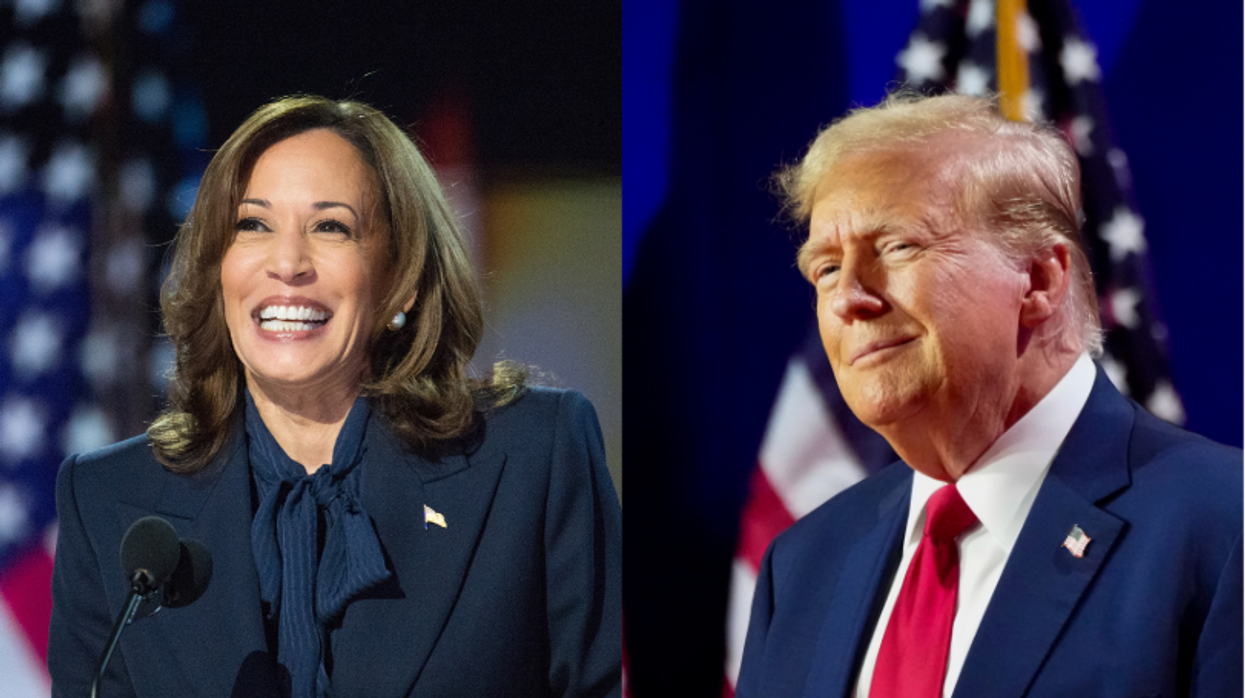Anderson edited "Leveraging: A Political, Economic and Societal Framework," has taught at five universities and ran for the Democratic nomination for a Maryland congressional seat in 2016.
Candidates for president of the United States typically run for office as though they were running for prime minister in a parliamentary democracy where their own party would have a clear majority in parliament. In such systems, which make up the vast majority of democracies in the world, the prime minister has enormous power to set policy.
In the United States, you would think that presidents are prime ministers because they always talk about what "I" will do as president based on where "I" stand on a great range of issues. While the president admittedly has much more power to set foreign policy, all major domestic policies must be passed by Congress. Indeed, Congress makes laws, while the president and the Cabinet execute them.
Presidents, however, can issue executive orders, which have increased in the past 20 years. Those can be overturned by Congress or the Supreme Court, or revoked by the president who issued them or future presidents. Presidents also have the power to nominate federal judges and Supreme Court justices (subject to Senate confirmation), and voters should definitely be thinking about this function of the presidency when they vote.
The race between Vice President Kamala Harris and former President Donald Trump has lately been focused on where the candidates stand on specific policies. What is Harris' view about fracking and border control? What is Trump's view on abortion and tariffs? It is important to hear what the candidates say about these issues. But it is much less important than you think.
Whatever a candidate says, even if it is entirely candid and truthful, what matters in the end is what the president and Congress will get done together. Congress cannot make laws without the president's approval, unless it enjoys the supermajorities necessary in both chambers (which actually almost never happens) to override a veto.
In addition to hearing where the candidates stand on policies — immigration, gun safety, climate change, health care, child care and paid parental leave, abortion, and a host of foreign policy issues — the public needs to learn about how the potential president would work with Congress. Candidates need to tell the public how they would negotiate with Congress, even if they have control of both chambers because it still frequently takes 60 votes to pass a major policy bill in the Senate.
We need to learn about past success the candidate has with working with members of their own party as well as the opposition party. We need the candidate to talk about concepts like compromise, putting yourself in the other person's shoes, and schmoozing as this relates to both domestic and foreign policy. These qualities are really part of what political scientists traditionally have called the character of the candidate rather than their policy agenda. Indeed, an old debate exists about whether campaigns should be policy-centered or character-centered. They should probably be neither, since both topics are important.
Yet beyond this general distinction, candidates must paint pictures or visions of the future as they imagine it as well as create conditions for citizens to hear the future. Yes, our culture, as various philosophers and literary critics have noticed, is too focused on ocular metaphors. Especially in these times of intense polarization in Washington and considerable though less polarization across the country, citizens want to hear and not just visualize the future. What we hear or will hear can affect our feelings as much or certainly more than what we see or will see.
Hearing arguments, fighting, crying and screaming can have a greater impact on us than watching people argue or looking at a chart of projected revenues for the country and changes in the system of taxation.
Getting more answers from Harris and Trump on immigration policy, health care, fracking and abortion is important. But the other issues combined outweigh these details on where they stand on policies, since, unlike prime ministers with clear majorities, the next president will surely have to negotiate and compromise with Congress in order to pass major policies.
The budget can continue to be moved through with reconciliation, and modest majorities in both houses would enable the president to negotiate with their own party to get this done. Yet it is not likely that either Trump or Harris will have modest majorities in both houses. And even if they do, the major domestic policies will, unless the filibuster is scrapped, require 60 votes, and it will take a highly skilled president to work with the Senate to reach that threshold.




















 From left to right: Gabriel Cardona-Fox, Bud Branch, Joe Concienne
From left to right: Gabriel Cardona-Fox, Bud Branch, Joe Concienne 